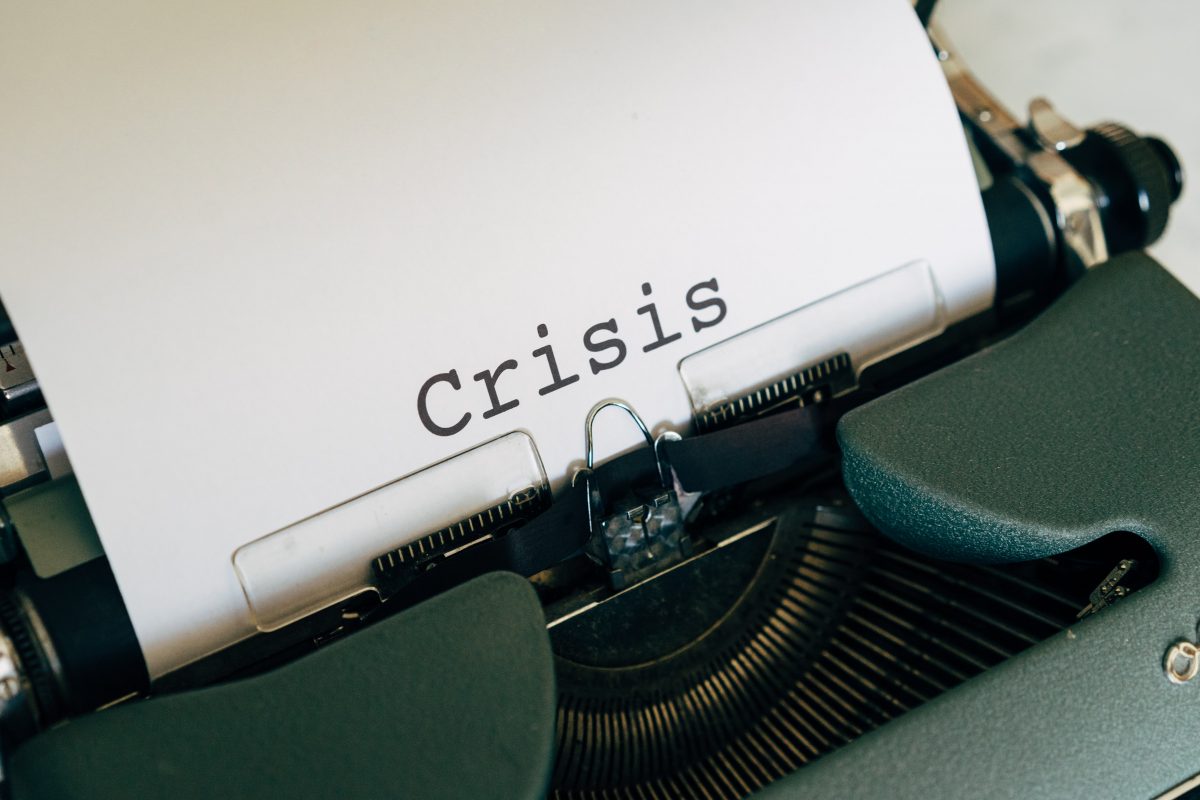
With the constant news of lockdown and an ever-increasing number of coronavirus cases, anxiety is inevitable. The stories of economic downturn, recession or depression can be overwhelming and daunting.
Typically, freelancers are the first casualty of an adverse economic environment. So, it is not surprising that freelancers are reporting that projects have been put on hold or have been terminated altogether. There has also been news of a few publications laying off people. Companies have reduced their marketing budgets and are rethinking their messaging, strategy, and future plans.
There is no one size fits all solution in such a situation, and I guess all of us would be struggling to devise a strategy that works for our unique circumstances. The other day I saw a message on Twitter from a freelancer who was questioning whether it made any sense to pitch during such an uncertain time. This really made me think.
I think it is imperative to continue to pitch during this time. You might need to rethink your strategies and maybe even gain new skills to survive and thrive in the new world, but without a doubt, this is not the time to stop pitching.
I am quite anxious and unsure about the future, and I have already lost one of my long-term clients, but somehow it is pushing me to explore more, to do things that I was scared to do earlier or kept putting them off for no reason. Last week, I finally initiated the Search Engine Optimization for my website, I have almost finished the first draft of my non-fiction ebook, which I hope to put it on Amazon by the end of this month. These things have been on my to-do list for at least six-to-seven months now.
More than ever, it is crucial to continue to keep pitch and here are some ways which I think will help us in pitching and marketing our services better in these unprecedented and paralleled event in the history of humanity:
Maintain Consistency
A few bad days, when nothing much gets done, are inevitable during this crisis, but try to be as consistent with your marketing as possible. I have been sending at least three-to-four letter of introduction at least four times a week. I used to do it anyway, but now it is more consistent and more intense.
See it as an opportunity
This brings me to the second reason, Surprisingly, the response to the letter of introductions is much better now than it used to be. It is easy to see why. People are holed up in their homes and are using social media apps more than ever for both personal and professional reasons.
There is another factor at play here, which I realized thanks to incessant negotiations that happened after sending the LoIs. The world is moving towards remote working, and a lot more firms will be working with freelancers in the post-COVID-19 world. The clients instinctively realize that this is the time to strike a deal because freelancers are slightly desperate to get more business because of underlying uncertainty.
The point is that there are opportunities out there. Try to explore and think of the best possible ways to grab them.
Realign your skillsets
Some of us would be more impacted than others. Those of us who worked with travel, hospitality, and the aviation industry might need to rethink their strategy until these industries bounce back.
You may need to develop expertise in new areas until these industries are back in business. Why not redo your website in the meantime or complete that book draft or better still go for a course on social media or develop skillsets in new and allied areas?
Go for low hanging fruits
If you think hard, there will be businesses/companies/ publications which might be relatively easier to break-in. Go for them during this time of crisis when you need some confidence and momentum. It is important to believe that all is not lost, and these easy to get assignments will help you rebuild your confidence.
Get in touch with you past clients
It is a good idea to get in touch with your old clients and ask them if they would like to work again with you.
I am deeply motivated by this quote by Rahm Emanuel, an American politician and former Mayor of Chicago, “You never let a serious crisis go to waste. And what I mean by that it’s an opportunity to do things you thought could not be done before.” The COVID-19 crisis offers a massive opportunity for us, freelancers, to add resilience to our business.
PS: I sharing my pitching secrets, which have helped me grow my earnings by ten times in this course on How to Use Cold Pitching to Grow Your Business Many Times Over. More importantly, these techniques have helped me acquire a Forbes 50 company and an award-winning content agency as my clients. I share the process of writing a winning pitch and also share templates of the winning pitches and Letter of Introductions.









